BazarLoader malware abuses Windows 10 apps in 'Call Me Back' attack
The highly targeted phishing campaign abuses appxbundle to infect devices
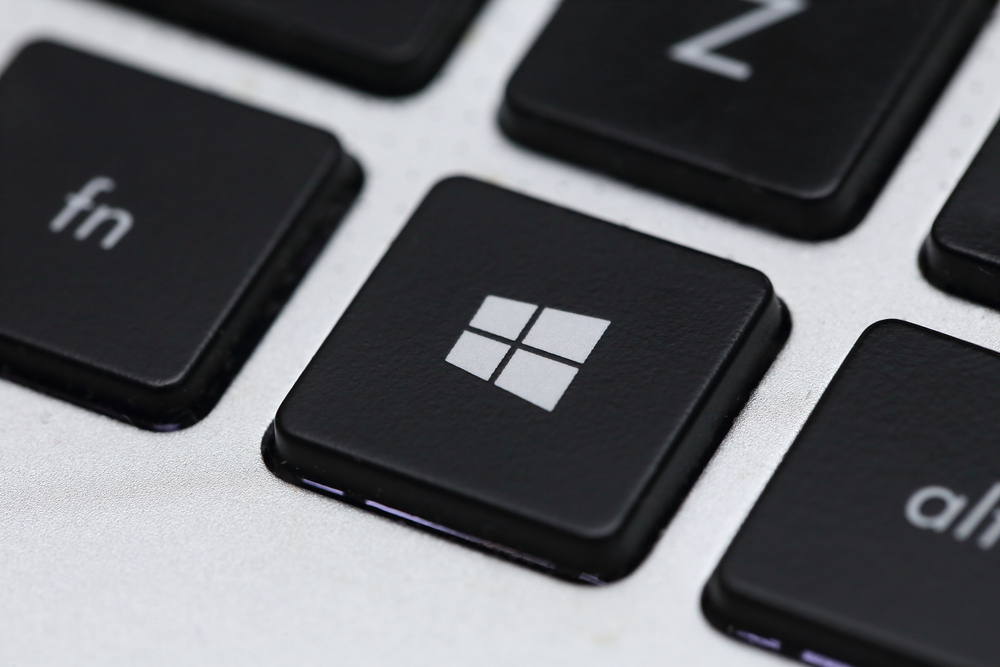

A new phishing campaign is abusing an app feature in Windows 10 to spread the BazarLoader malware.
The campaign’s discovery came when employees started receiving the malware-laden emails, according to security researchers at Sophos.
One email appeared to be sent by a "Sophos Main Manager Assistant” called "Adam Williams.” In the email, the person demanded to know why the recipient hadn't responded to a customer's complaint, which appeared as a PDF link in the email.
However, if a victim clicked on the link, it downloaded and installed the BazarLoader malware. Researchers said this malware was delivered by abusing a novel mechanism, the Windows 10 apps installer process.
The researchers said the phishing campaign sends victims to a website sporting the Adobe logo to look more legitimate. The text on the page asks victims to click on a link to preview the alleged PDF.
“But there’s something amiss with this link: Instead of being prefixed with the expected https:// the link instead begins with what was (for me, at least) an unfamiliar ms-appinstaller: prefix,” said SophosLabs Principal Researcher Andrew Brandt.
"In the course of running through an actual infection I realized that this construction of a URL triggers the browser [in my case, Microsoft's Edge browser on Windows 10], to invoke a tool used by the Windows Store application, called AppInstaller.exe, to download and run whatever's on the other end of that link," he added.
Get the ITPro daily newsletter
Sign up today and you will receive a free copy of our Future Focus 2025 report - the leading guidance on AI, cybersecurity and other IT challenges as per 700+ senior executives
RELATED RESOURCE
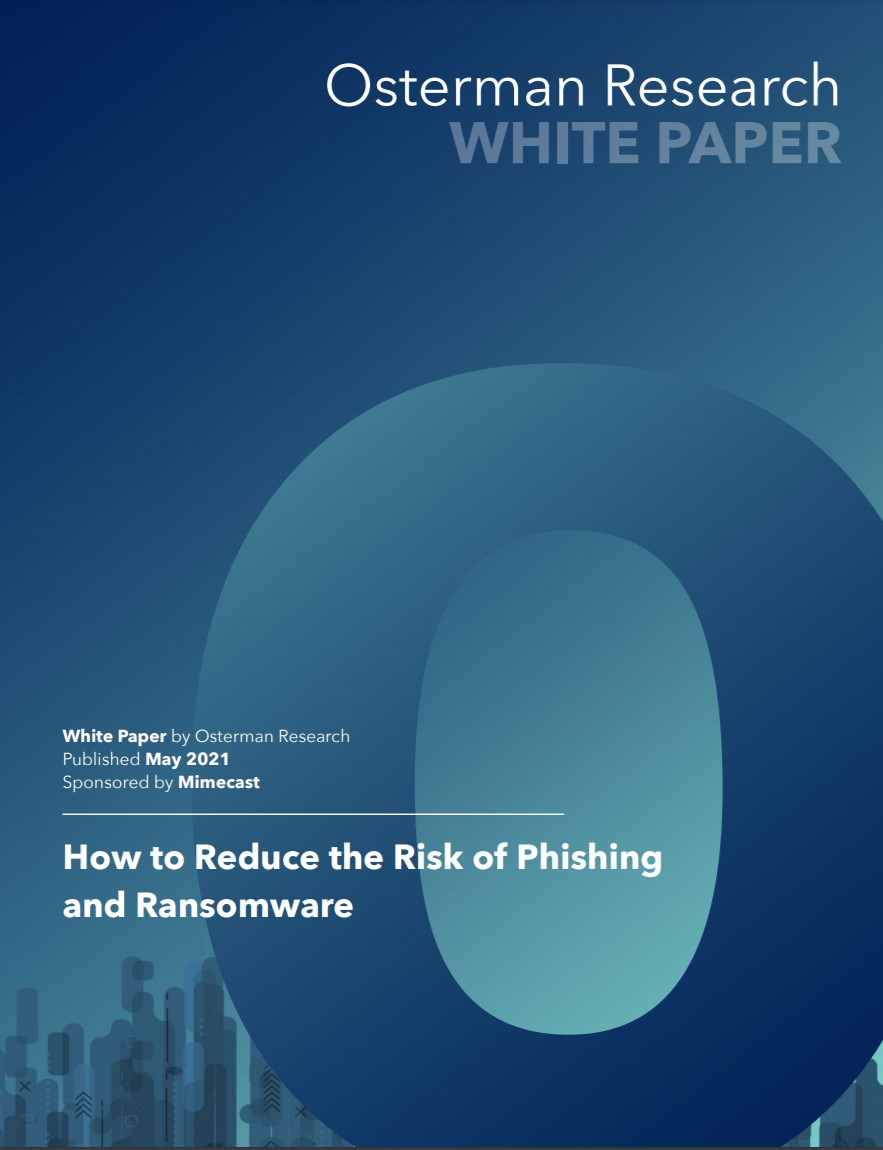
How to reduce the risk of phishing and ransomware
Top security concerns and tips for mitigation
This link points to a 482-byte text file named Adobe.appinstaller. The contents of that file are just plain text, in XML format, that points to a URL where a larger file containing the malware, named Adobe_1.7.0.0_x64.appbundle, was located.
The malicious appinstaller indicates the .appxbundle was digitally signed by a UK-based company calling itself Systems Accounting Limited. This certificate was issued several months ago, and Sophos contacted Sectigo to alert it about this abuse of the certificate it issued.
Victims then get asked to allow an "Adobe PDF Component” install. If this is allowed, Bazarloader is installed.
“Malware that comes in AppX packages is novel, but now that the process has been demonstrated, it’s likely to be here to stay. These apps are supposed to be digitally signed with certificates, but it doesn’t appear that there’s any mechanism to make a sanity check between what’s on the certificate and the code it’s supposed to certify,” said Brandt.
Rene Millman is a freelance writer and broadcaster who covers cybersecurity, AI, IoT, and the cloud. He also works as a contributing analyst at GigaOm and has previously worked as an analyst for Gartner covering the infrastructure market. He has made numerous television appearances to give his views and expertise on technology trends and companies that affect and shape our lives. You can follow Rene Millman on Twitter.
-
 OpenAI's new GPT-4.1 models miss the mark on coding tasks
OpenAI's new GPT-4.1 models miss the mark on coding tasksNews OpenAI says its GPT-4.1 model family offers sizable improvements for coding, but tests show competitors still outperform it in key areas.
By Ross Kelly
-
 Meta just revived plans to train AI models using European user data
Meta just revived plans to train AI models using European user dataNews Meta has confirmed plans to train AI models using European users’ public content and conversations with its Meta AI chatbot.
By Nicole Kobie
-
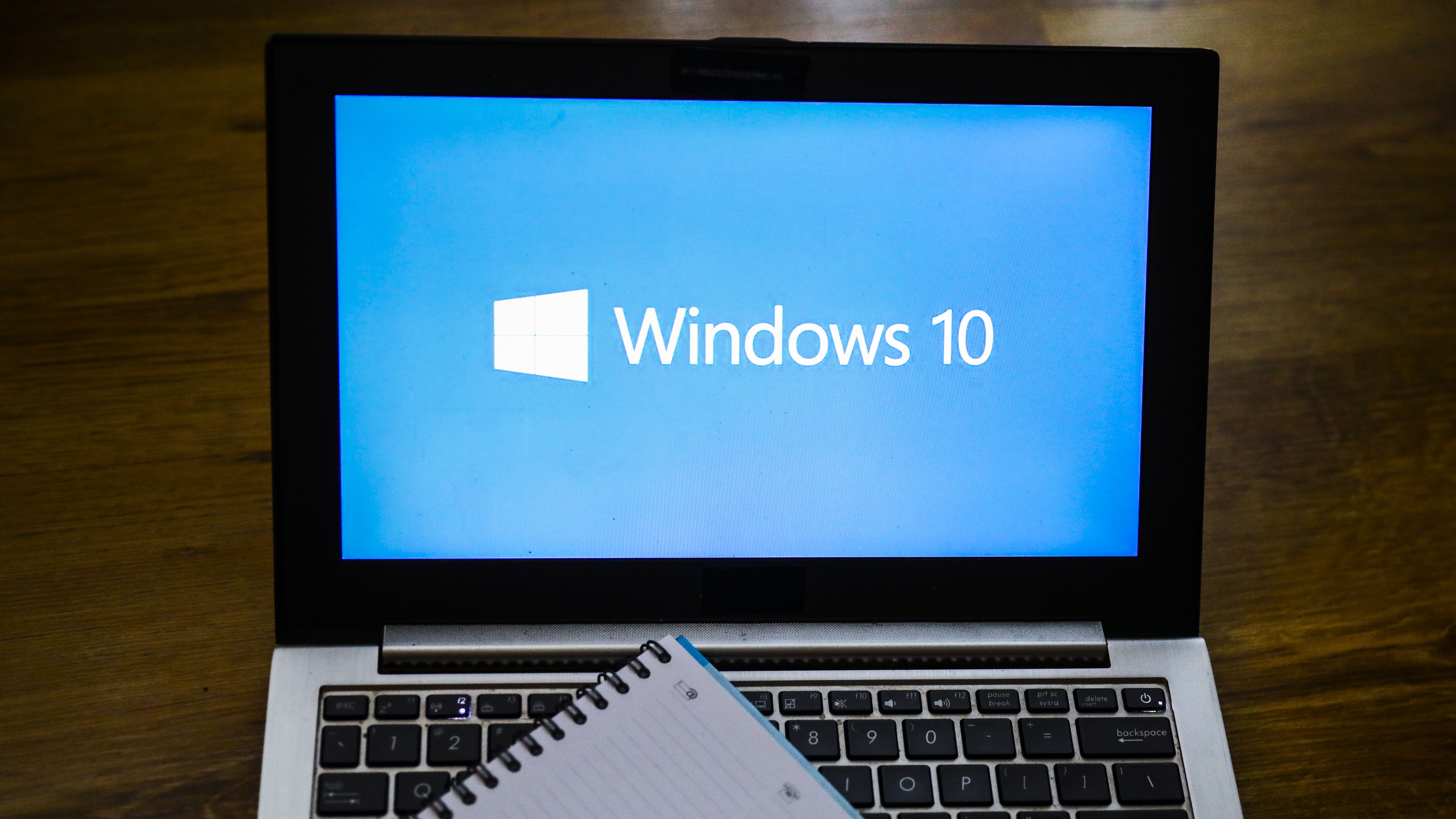 Windows 10 users encounter ‘blue screen of death’ after latest Patch Tuesday update
Windows 10 users encounter ‘blue screen of death’ after latest Patch Tuesday updateNews Microsoft said it is working on a fix for the issue and has offered users a temporary workaround
By Ross Kelly
-
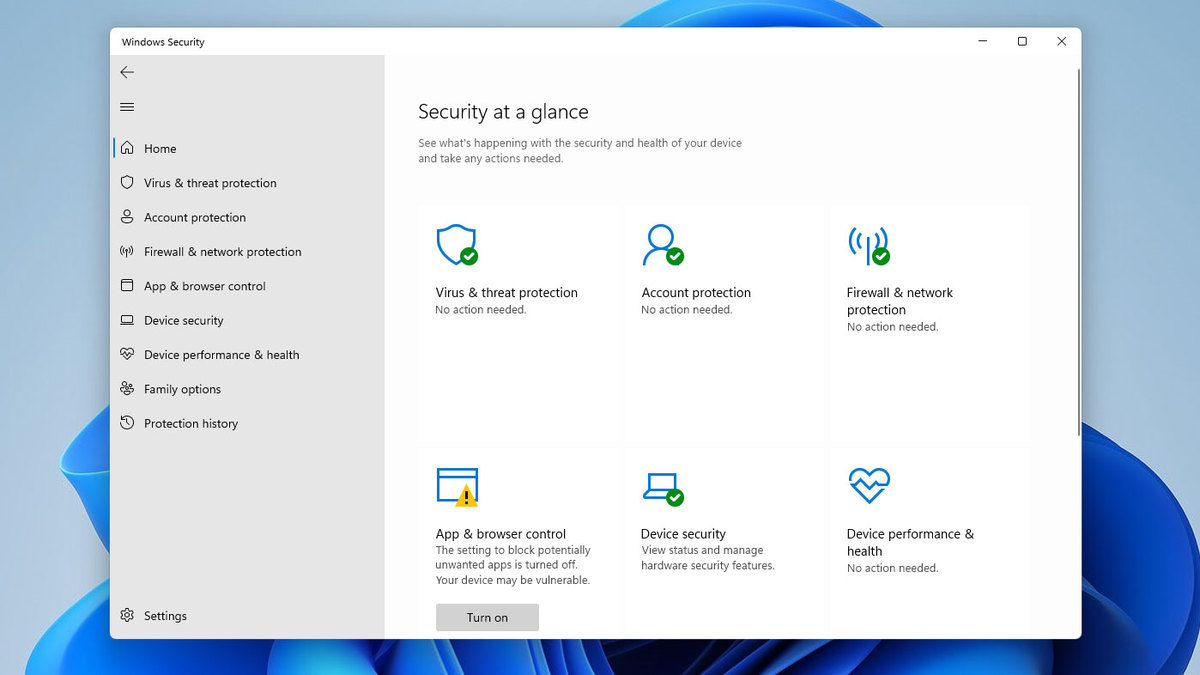
 Microsoft Windows Defender review: An ideal (if unfriendly) business security solution
Microsoft Windows Defender review: An ideal (if unfriendly) business security solutionReviews Central management puts Defender head and shoulders above other free options; the fact that it's already deployed doesn't hurt either
By Darien Graham-Smith
-
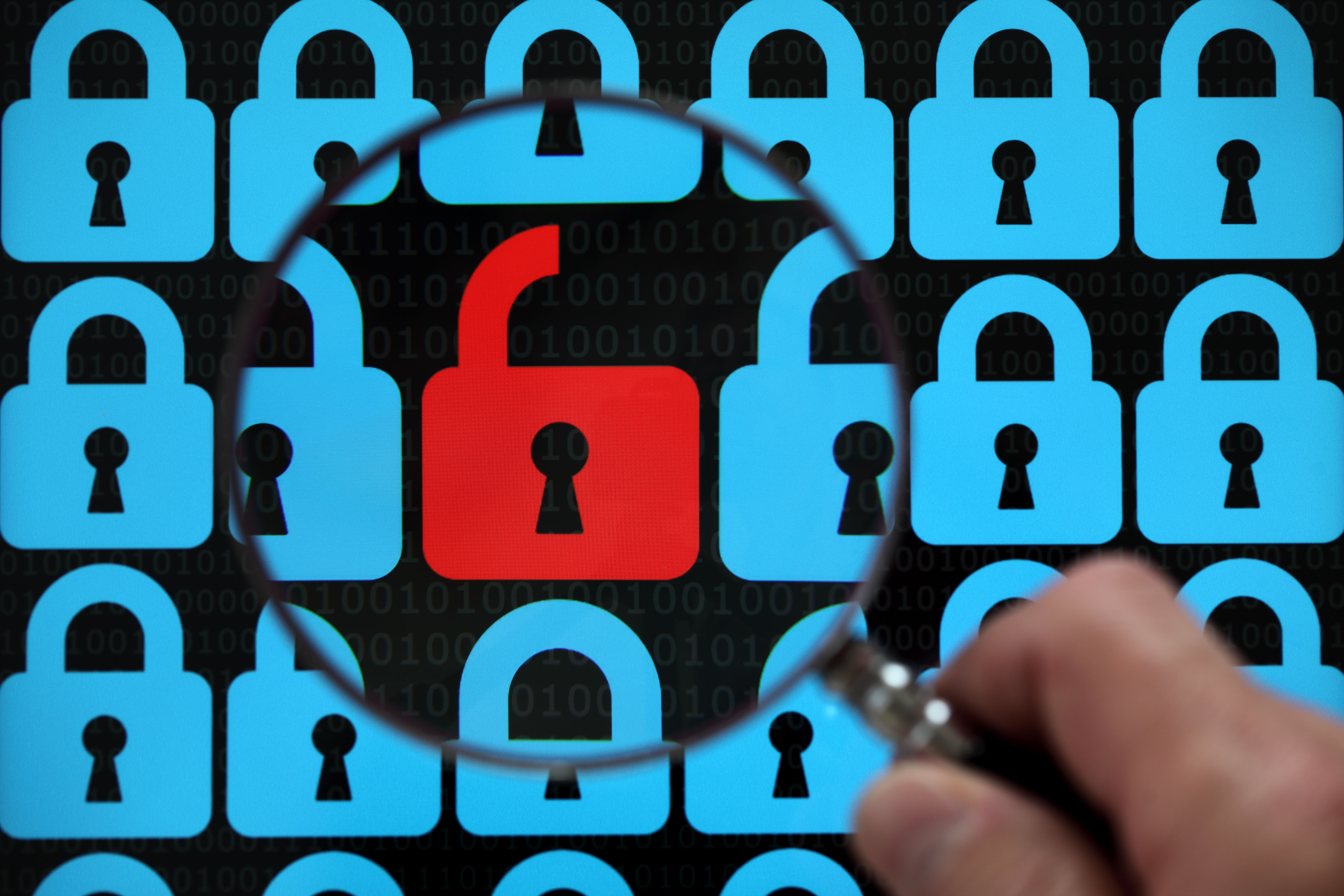 Microsoft patch fails to fix Installer zero-day affecting every version of Windows
Microsoft patch fails to fix Installer zero-day affecting every version of WindowsNews The exploit allows hackers to elevate privileges and create admin accounts
By Rene Millman
-
 How to encrypt files and folders in Windows 10
How to encrypt files and folders in Windows 10Tutorials Here’s how to make your sensitive data unreadable to prying eyes
By Dale Walker
-
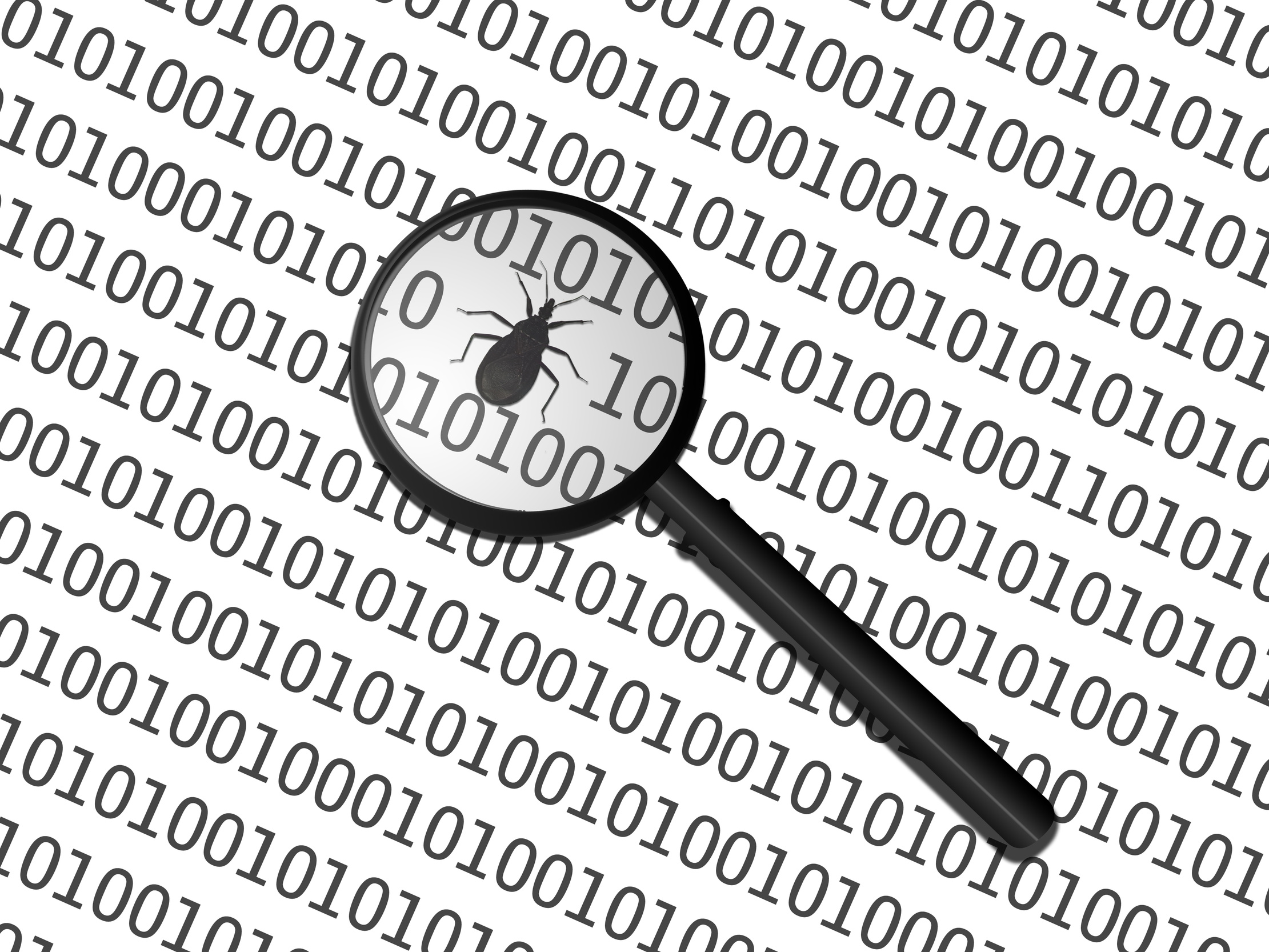 Microsoft open-sources fuzzing tool used for bug-ridden Windows 10
Microsoft open-sources fuzzing tool used for bug-ridden Windows 10News Developers can access the vulnerability detection tool through Github as Microsoft shifts away from its legacy scheme
By Keumars Afifi-Sabet
-
 Microsoft accidentally leaks details on a wormable SMB flaw
Microsoft accidentally leaks details on a wormable SMB flawNews No patch is currently available for the vulnerability, which has now been publicly acknowledged
By Keumars Afifi-Sabet
-
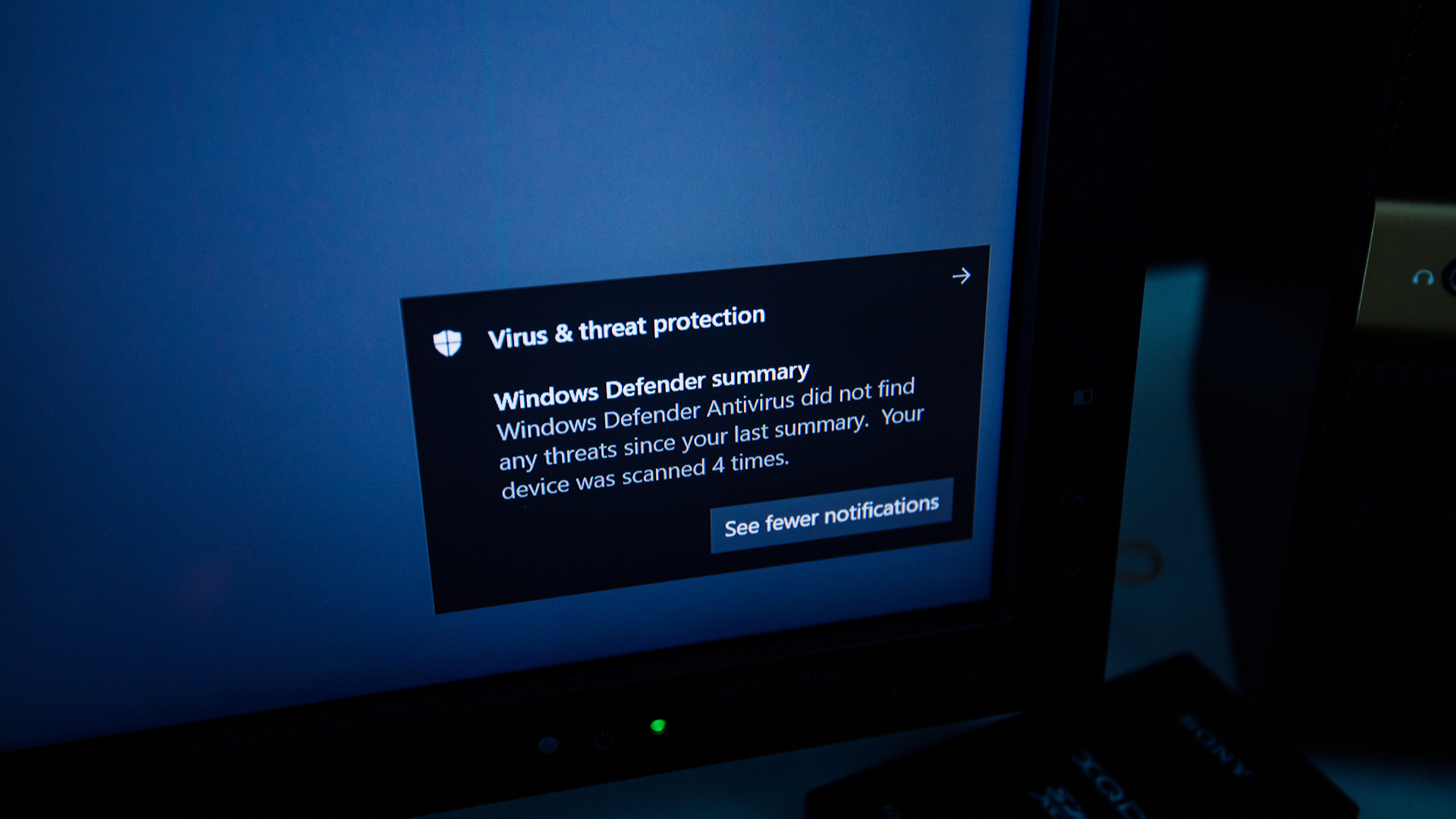 How to turn on Windows Defender
How to turn on Windows DefenderIn-depth A simple guide on how to turn on Windows Defender in Windows 10 and Windows 11, and turn it off again if necessary
By Connor Jones
-
 How to wipe a laptop easily and securely
How to wipe a laptop easily and securelyIn-depth A step-by-step guide on how to wipe a laptop safely, whether it's running Windows, macOS, or Linux
By Keumars Afifi-Sabet